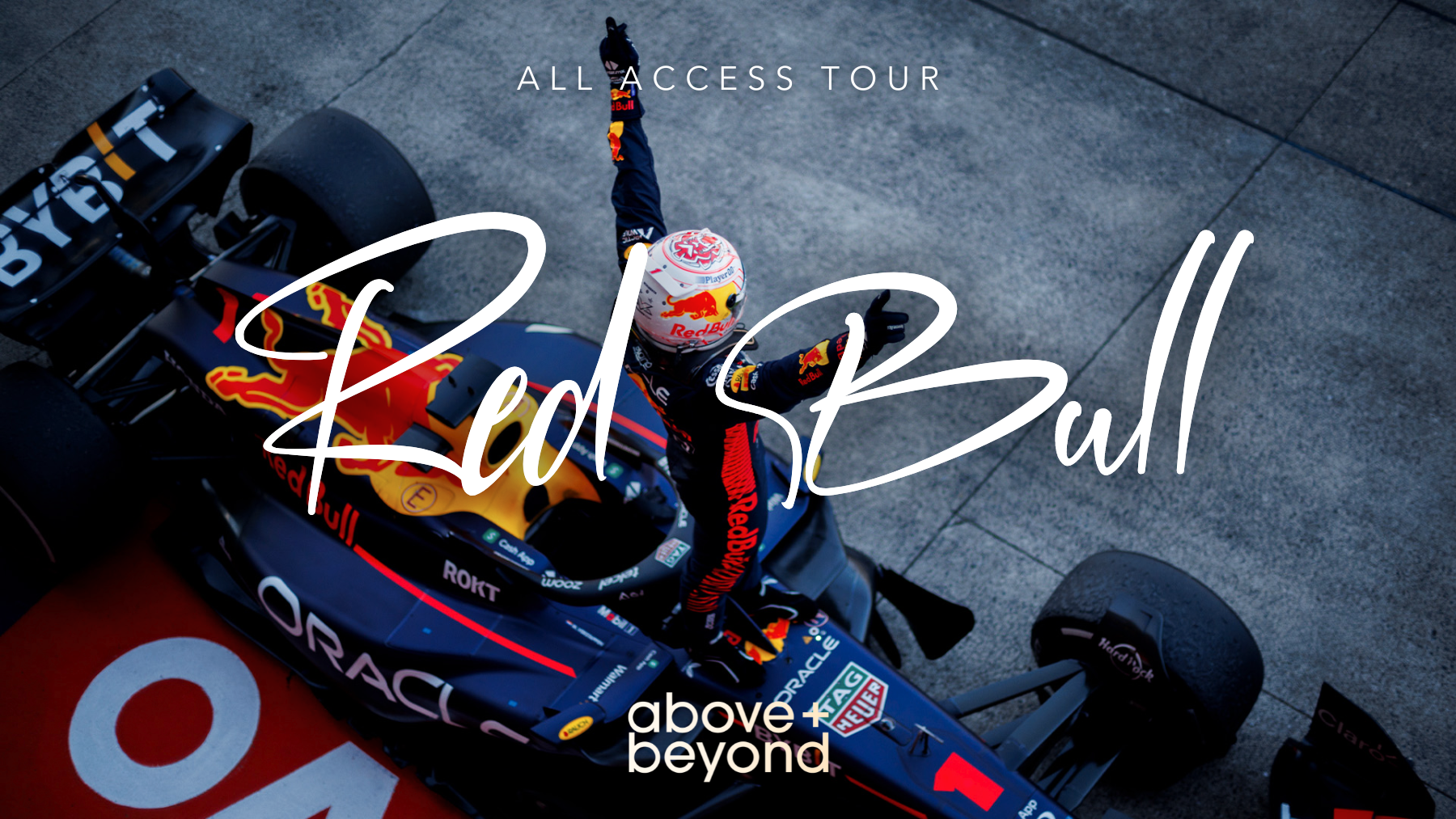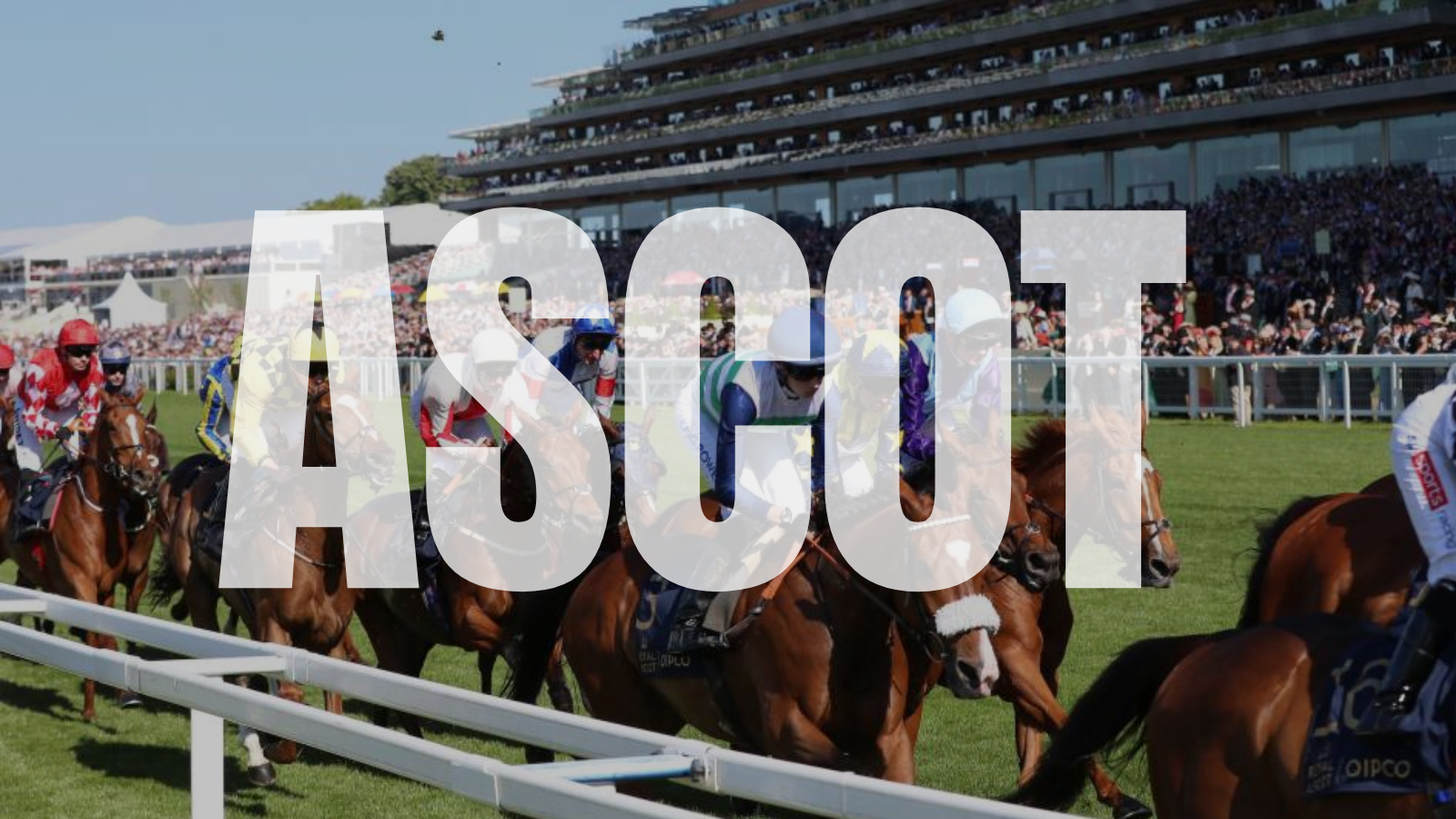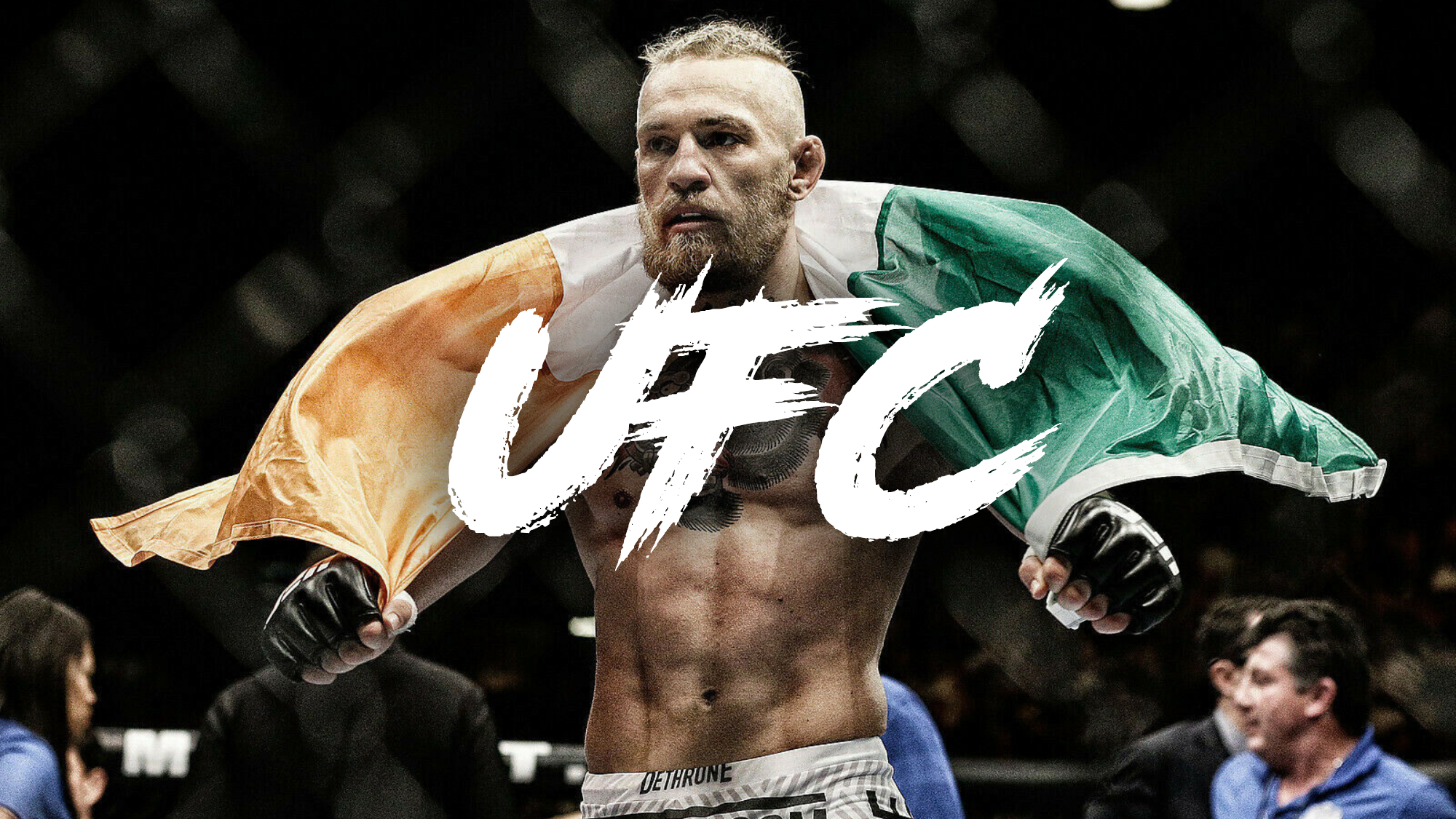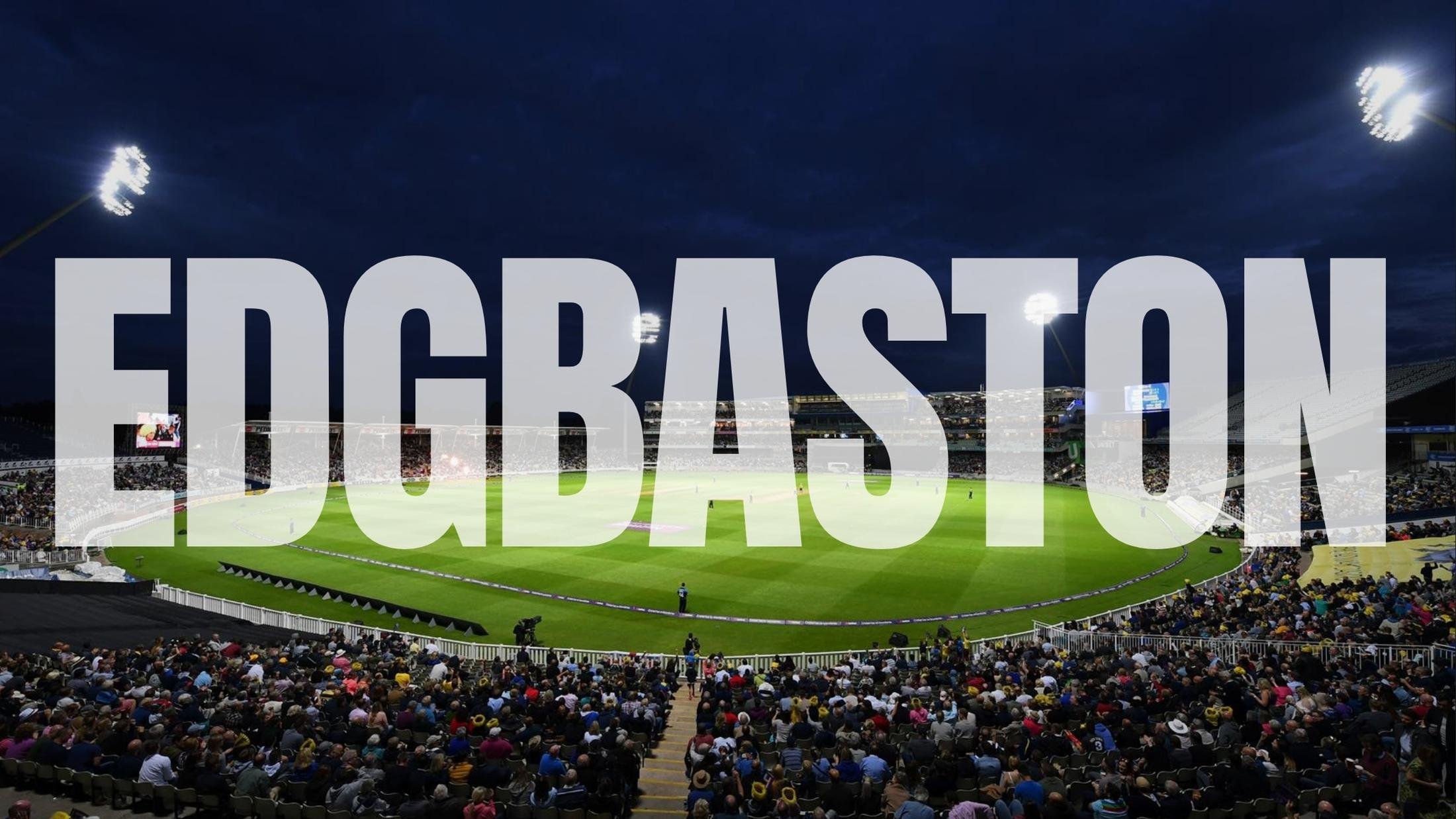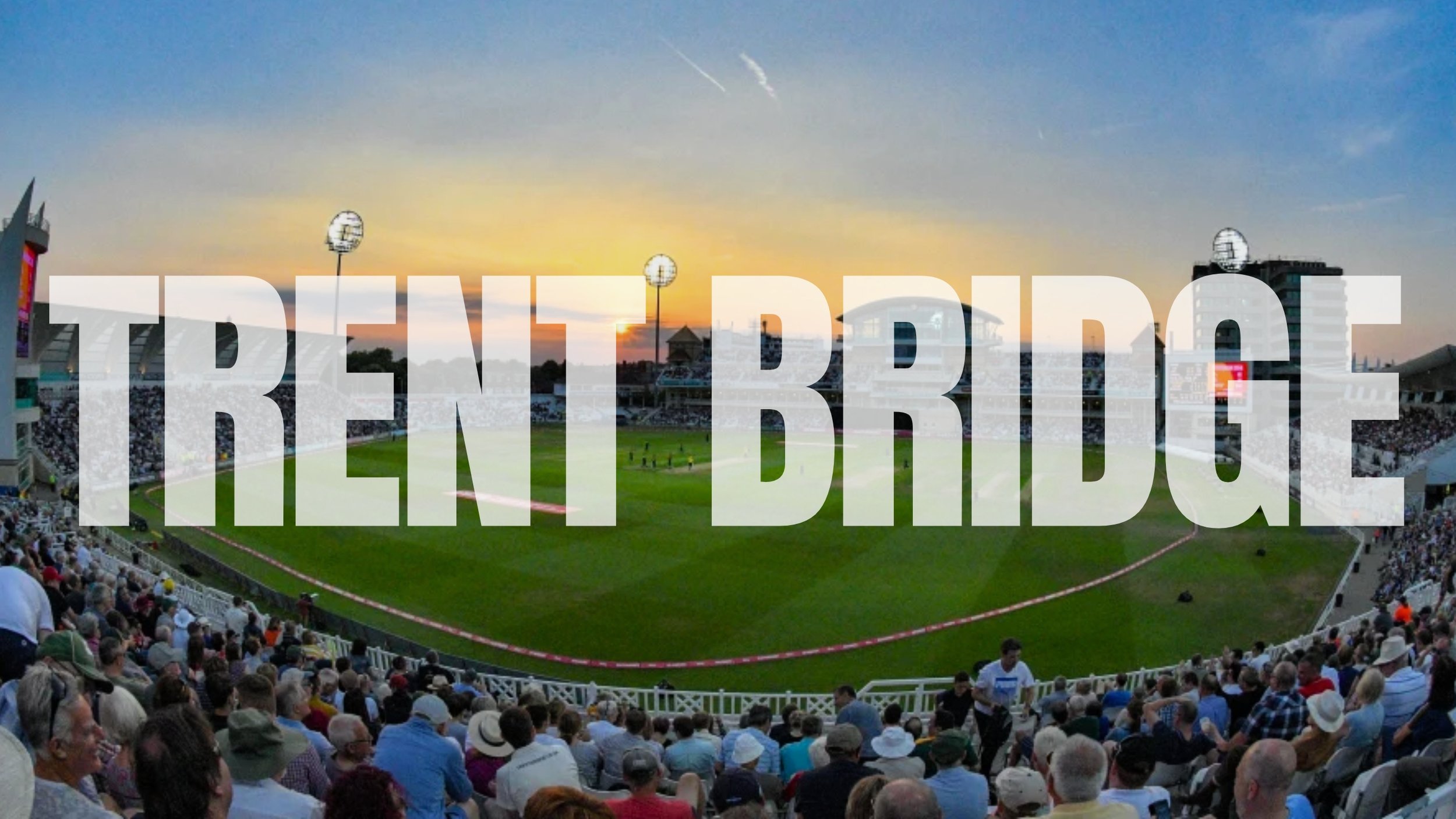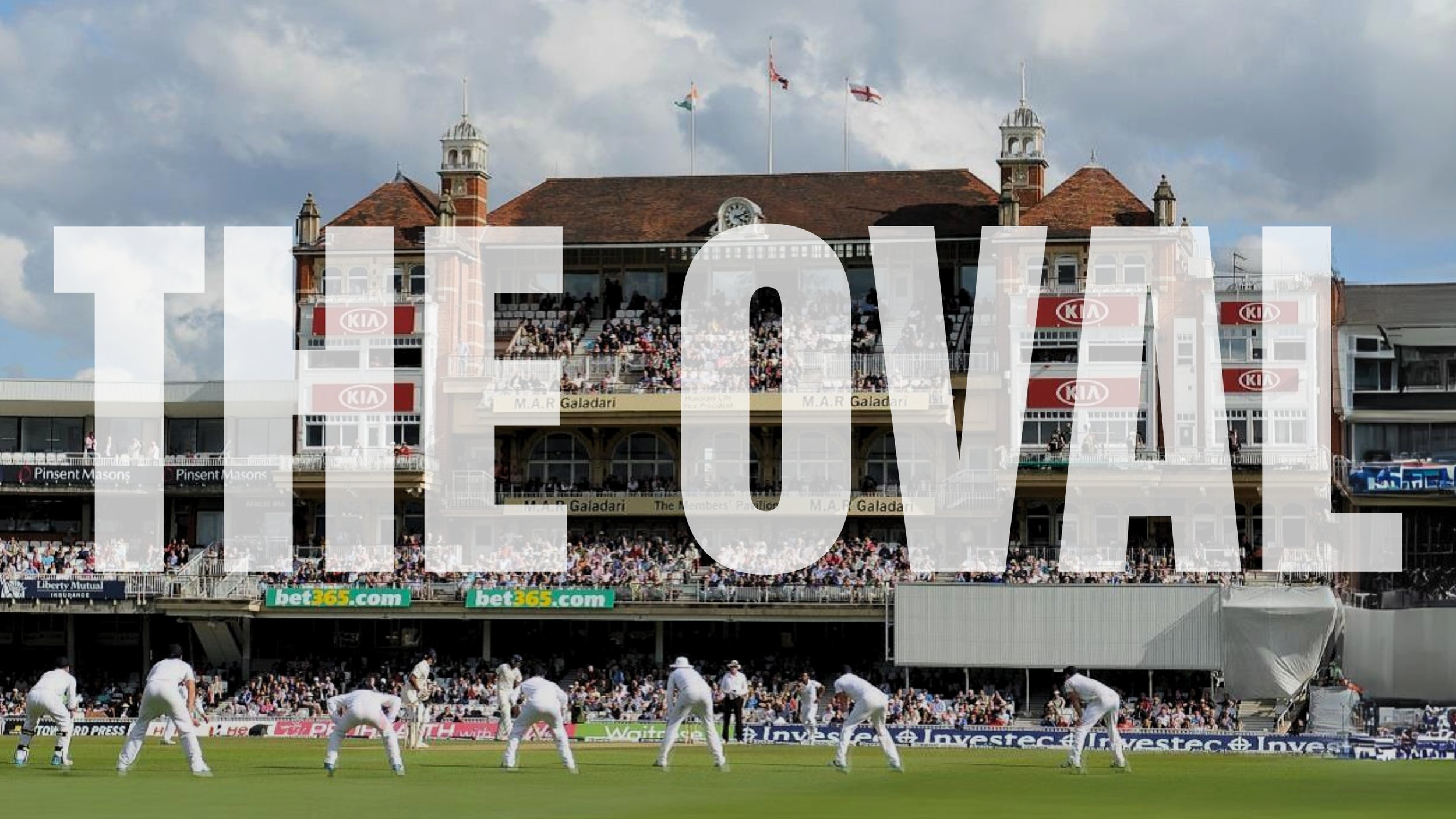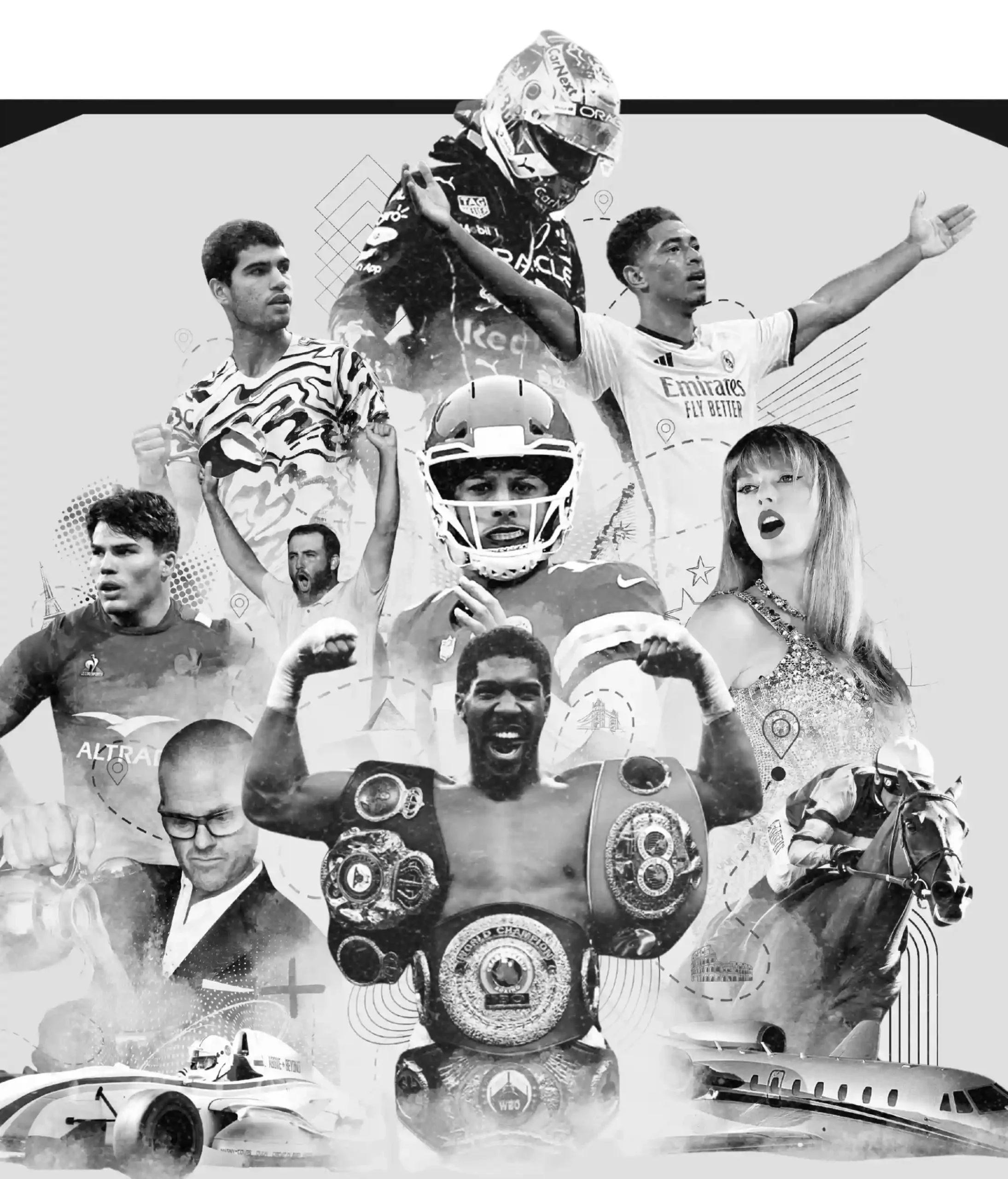Key Takeaways
-
📅 Premier League originated in 1992 for commercial autonomy.
-
🏆 Manchester United‘s early dominance set success standards.
-
🔥 Expansion from ‘Big Four’ to ‘Big Six’.
-
⚽ Recent power shifts keep the league exciting.
Welcome to the Premier League, England’s top football league.
In this article, you’ll learn about its history, top teams, memorable moments, and recent trends. Get ready for a deep dive into one of the world’s most exciting football competitions.
Birth of the Premier League
The Premier League emerged from an ambition to evolve and expand English football. On February 20, 1992, the clubs of the First Division made a bold decision to break away from the Football League, forming what we now know as the Premier League. The desire for commercial autonomy fueled this move, enabling the fledgling league to broker its own broadcast and sponsorship deals.
A critical catalyst for the Premier League’s creation was the Taylor Report’s recommendation to modernize stadiums into all-seater facilities, following the tragic Hillsborough disaster. This push for modernization not only improved safety but also enhanced the viewing experience for fans, setting the stage for the Premier League to become a global spectacle.
The Premier League’s first season commenced in 1992-93, featuring 22 clubs competing for the championship. This marked the beginning of a new era in English football, characterized by increased financial investment, star players, and high-stakes competition. By the 1995-96 season, the number of competing clubs was reduced to 20, solidifying the structure that continues to this day.
The Premier League’s rising popularity drew in some of the world’s most skilled footballers. This influx of international stars helped elevate the quality of play and brought a new level of excitement to the matches. The league’s global appeal was firmly established, and it wasn’t long before the Premier League became a household name around the world.
Dominance of Manchester United
Manchester United, under the legendary stewardship of Sir Alex Ferguson, dominated the Premier League’s early years, becoming a symbol of success. Ferguson, who managed the club from 1986 to 2013, led Manchester United to unprecedented heights, making it the most successful period in the club’s history. His contributions to football were recognized with a knighthood in 1999.
Manchester United’s supremacy started with the inaugural Premier League season in 1992-93, securing the title and ending a 26-year championship drought. This victory set the tone for what was to come, as the club continued to rack up titles with remarkable consistency. The pinnacle of their achievements came in the 1998-99 season when Manchester United achieved the treble by winning the Premier League, the FA Cup, and the UEFA Champions League.
The 1999 Champions League final holds a special place in football lore, thanks to Teddy Sheringham and Ole Gunnar Solskjær’s dramatic late goals that ensured an unforgettable win against Bayern Munich. This win not only solidified Manchester United’s status as a footballing powerhouse but also made them the first English club to win the Intercontinental Cup later that year.
Key players such as:
-
Eric Cantona
-
Ryan Giggs
-
David Beckham
-
Roy Keane
Their skill, determination, and flair helped Manchester United dominate the Premier League for three years, securing titles in the 1999-2000, 2000-01, and 2002-03 seasons.
The Red Devils’ reign set a high benchmark for success, inspiring other clubs to elevate their game.
And in 2003 a young portugese superstar named Cristiano Ronaldo joined the club…
Cristiano Ronaldo exhausted all superlatives during his first spell with Manchester United, while he matured from an inexperienced, young winger in 2003 into officially the best footballer on the planet in 2009.
Rise of the “Big Four”
The Premier League heralded a new competitive era in the 2000s, marked by the ascendancy of the “Big Four”—Manchester United, Liverpool, Arsenal, and Chelsea. These clubs consistently finished in the top four, securing qualification for the UEFA Champions League and establishing themselves as the dominant forces in English football.
Between 2005 and 2012, Premier League teams made a significant impact on the European stage, reaching seven out of eight Champions League finals. Liverpool (2005), Manchester United (2008), and Chelsea (2012) each lifted the coveted trophy, showcasing the strength and quality of English football. These successes not only brought glory to their respective clubs but also enhanced the reputation of the Premier League as one of the top football leagues in the world.
Arsenal’s undefeated 2003-04 season, known as the “Invincibles” season, stands as one of the Premier League’s most extraordinary feats. Under the guidance of Arsène Wenger, the Gunners completed the entire season without a single defeat, a feat that remains unmatched. This period also saw Chelsea breaking the duopoly of Arsenal and Manchester United by winning the Premier League in the 2004-05 season, thanks to substantial investments and the managerial prowess of José Mourinho.
Nonetheless, the “Big Four” supremacy faced its share of detractors. In 2008, Kevin Keegan voiced concerns that their consistency at the top could make the Premier League less competitive. Despite these criticisms, the “Big Four” era, spanning five seasons, was marked by high-quality football, intense rivalries, and memorable moments that have left a lasting legacy on the Premier League.
Expansion to the “Big Six”
The 2010s witnessed the Premier League’s elite circle expand from the “Big Four” to the “Big Six,” as Tottenham Hotspur and Manchester City rose as potent forces. This shift was driven by a combination of financial investments and consistent on-field performances, allowing these clubs to challenge the established order.
Manchester City’s ascent was largely spurred by:
-
Considerable financial backing from new owners
-
The influx of funds allowed City to attract top talent and build a squad capable of competing at the highest level
-
Their financial growth was further bolstered by success on the pitch, including multiple Premier League titles and regular participation in the UEFA Champions League.
Tottenham Hotspur’s rise to the “Big Six” was characterized by:
-
Consistent high-ranking finishes
-
Impressive showings in the Premier League and European tournaments
-
Playing attractive, attacking football under the management of Mauricio Pochettino
These achievements earned them a place among the league’s elite.
The financial implications of this expansion were significant. Increased broadcasting revenues and marketing opportunities helped both Tottenham and Manchester City grow their global fan bases and commercial appeal. The Premier League’s financial landscape was transformed, setting the stage for even greater competition and excitement in the seasons to come.
Elevate Your Matchday Experience
Immerse yourself in the electrifying atmosphere of Premier League football with Above & Beyond’s exclusive hospitality packages, offering unparalleled luxury and comfort to make your matchday unforgettable.
Unrivalled Views, Unforgettable Moments
-
Prime Seating: Witness the drama unfold from the best seats in the house, offering unobstructed views and exceptional comfort.
-
Exquisite Cuisine: Indulge in a culinary journey expertly crafted by renowned chefs, with menus featuring seasonal, locally-sourced ingredients.
-
Premium Beverages: Sip on fine wines, craft beers, or signature cocktails, carefully selected to complement your dining experience.
Your Matchday Just Got a Serious Upgrade
Experience the thrill of Premier League football like never before. With Above & Beyond, every match is an event to remember.
Recent Power Shifts
The Premier League has experienced noteworthy power shifts in recent years, featuring emerging contenders and traditional powerhouses regaining their glory. Manchester City has been the dominant force, winning four consecutive Premier League titles and six of the last seven seasons. Their consistent top performances and multiple title wins have set a new standard for excellence in the league.
Under Jürgen Klopp’s dynamic leadership, Liverpool put an end to their 30-year league title drought in 2020. Despite the challenges posed by the pandemic, Liverpool’s triumph was a testament to their resilience and quality. They narrowly missed out on the Premier League title by just one point in both 2019 and 2022, highlighting the fine margins that often decide the fate of the league.
Leicester City remains a formidable contender, routinely posing a challenge to the conventional top six clubs. Their fairy-tale title win in 2016 remains one of the most remarkable stories in football history. Similarly, Newcastle United has shown significant improvement, aiming to break into the top six with new ownership and substantial investments.
These recent power shifts have injected fresh excitement into the Premier League, making each season more unpredictable and thrilling. The competition at the top is fiercer than ever, ensuring that fans are always on the edge of their seats, eagerly awaiting recent releases of match schedules and updates.
Governance and Structure
Functioning as a private company limited by shares, the Premier League’s shareholders comprise the 20 member clubs and The FA, the latter holding a unique share. Each Premier League club holds a single share, entitling them to an equal vote on all matters, including the distribution of broadcast and commercial revenues.
Regular shareholder meetings serve as the principal decision-making platform for Premier League policies. These meetings ensure that the interests of all member clubs are represented and that decisions are made democratically. The Premier League AGM, held after each season, is particularly significant as it involves the transfer of shares from relegated clubs to those promoted from the EFL Championship.
The Premier League Rule Book acts as a binding agreement between the league and its member clubs, outlining the terms of competition, behavior, and fund allocation. This comprehensive document ensures that all clubs adhere to the same standards and regulations, promoting fairness and integrity within the league.
The influence of UEFA’s European Club Association (ECA) on the Premier League is also noteworthy. The ECA represents the interests of clubs competing in European competitions, ensuring that their voices are heard at the highest levels of football governance. In 2019, the Premier League took a significant step towards unbiased adjudication by moving to an independent Judicial Panel to handle disciplinary matters.
Criticism of Governance
Despite its achievements, the Premier League’s governance has invited criticism over time. One of the main concerns is the lack of transparency in financial dealings and decision-making processes. Critics argue that more openness is needed to maintain trust and integrity within the league.
UEFA introduced Financial Fair Play Regulations in 2011 to control clubs’ excessive spending, significantly impacting the spending patterns of ‘Big Six’ clubs like Manchester City. While these regulations were intended to promote financial stability, they have been met with mixed reactions and have sparked debates about their effectiveness.
A governance review in 2021 led to the adoption of the Wates Corporate Governance Principles, aimed at better stakeholder engagement and improving transparency. However, some critics still contend that many Premier League owners treat clubs primarily as financial assets, neglecting their cultural and community significance. This perception has fueled ongoing debates about the true priorities of those in charge.
Promotion and Relegation
The promotion and relegation system, intrinsic to the Premier League, heightens the excitement and competition. Each season, the bottom three teams in the Premier League are relegated to the EFL Championship, while the top two teams from the EFL Championship, along with the winner of the Championship play-offs, are promoted to the Premier League.
This system mandates clubs to maintain high performance levels consistently to secure their position in the Premier League. The stakes are incredibly high, with relegation often leading to significant financial and sporting challenges for clubs. Conversely, promotion to the Premier League brings substantial financial rewards and increased exposure.
At the Premier League AGM, shares of relegated clubs are transferred to those promoted from the EFL Championship, formalizing their inclusion in the league. This process underscores the dynamic and competitive nature of English football, where success and failure are closely intertwined.
International Competitions
Premier League teams have a strong presence in international competitions, regularly competing in the UEFA Champions League, Europa League, and Conference League. The Premier League’s high ranking in the UEFA Association Coefficient ensures that four teams qualify for the Champions League each season.
Qualification for these prestigious tournaments is based on league standings and domestic cup victories. The fifth-placed team in the Premier League and the FA Cup winner qualify for the Europa League, while one team typically qualifies for the Conference League, often the Carabao Cup winner or the highest-placed team not already in Europe.
For the 2024/25 season, Arsenal, Manchester City, Liverpool, and Aston Villa will represent the Premier League in the Champions League. Tottenham Hotspur and Manchester United will participate in the Europa League, while Chelsea will compete in the Conference League.
Premier League clubs’ triumphs in international competitions have not only glorified the individual clubs but also uplifted the league’s global stature. Notably, Leeds United reached the semifinals of the Champions League in the 2000-01 season, a remarkable achievement for a non-‘Big Four’ team.
Transfer Market Dynamics
The Premier League’s transfer market dynamics intriguingly combine strategy, regulation, and financial power. Governed by FIFA and domestic rules, the transfer process ensures compliance with financial fair play and player registration protocols. Each transfer window initiates a flurry of activity with clubs aiming to bolster their squads, discard surplus players, and execute strategic acquisitions.
Premier League staff work meticulously to verify transfer paperwork immediately, especially during the busy transfer windows, ensuring that all documentation is in order. This rigorous process is crucial for maintaining the integrity and smooth functioning of the league.
A notable trend in the Premier League’s transfer market has been the substantial surge in the number of international players. From just 13 in its inaugural season in 1992, the league now boasts 360 foreign players in the 2023-24 season. This influx has not only raised the quality of play but also increased the global appeal of the Premier League.
Record-breaking transfer fees have become more common, reflecting the league’s financial power and its status as a global footballing hub. The relaxation of restrictions on player movement and capital has further facilitated this evolution, making the Premier League a magnet for top talent from around the world.
Awards and Recognition
Acknowledgments and accolades play a vital role in the Premier League, honoring exceptional performances and individual talent. Each season, several prestigious awards are handed out, highlighting the league’s top talents and memorable moments.
Erling Haaland, with his incredible goal-scoring prowess, clinched the Golden Boot for the 2023-24 season. Phil Foden’s exceptional performances earned him the title of Best Player of the Season, while Cole Palmer was recognized as the Young Player of the Season.
In addition to these, the following awards were given for the 2023-24 season:
-
David Raya received the Golden Glove award for his goalkeeping heroics.
-
Ollie Watkins was honored with the Playmaker of the Season award for his creative playmaking.
-
Alejandro Garnacho’s stunning strike was selected as the Best Goal of the Season, capturing the imagination of fans and pundits alike.
These awards not only celebrate individual excellence but also enhance the league’s reputation for high-quality football. The awards include:
-
Player of the Season
-
Goal of the Season
-
Save of the Season
-
Young Player of the Season
The recognition of Thomas Kaminski’s save against Crystal Palace as the Save of the Season is a testament to the remarkable skills on display week in and week out.
Memorable Moments
The Premier League’s history is replete with memorable events that have made a lasting impression on football fans across the globe. Some of the league’s most iconic moments include:
-
Sergio Aguero’s decisive last-minute goal securing the title for Manchester City in May 2012
-
Leicester City’s miraculous title-winning season in 2015-2016
-
Arsenal’s unbeaten “Invincibles” season in 2003-2004
The sheer drama and emotion of these moments encapsulate everything that makes the Premier League special.
Manchester City’s dramatic comeback against Aston Villa in May 2022, where they scored three goals in six minutes, including a crucial free kick, is another classic moment that will be remembered for years to come. Such comebacks are a testament to the never-say-die spirit that defines the Premier League games.
Steven Gerrard’s notorious slip during the match against Chelsea in April 2014, a key factor in Liverpool’s failure to secure the league title that season, continues to be one of the most discussed incidents in Premier League history. It’s a reminder of how fine the margins can be in the race for the title.
Leicester City’s fairy-tale title win in 2016, celebrated with Andrea Bocelli singing Nessun Dorma, is a story that captured the hearts of football fans around the world. With odds of 5000/1 at the start of the season, their triumph is a testament to the unpredictable and magical nature of the Premier League.
Summary
The Premier League’s journey from its inception in 1992 to its current status as a global footballing powerhouse is a story of evolution, competition, and remarkable moments. From the dominance of Manchester United under Sir Alex Ferguson to the recent power shifts, the league has consistently delivered high-quality football and unforgettable drama.
The rise of the “Big Four” and the subsequent expansion to the “Big Six” have kept the competition fierce, while the participation of Premier League teams in international competitions has showcased their strength on the global stage. The governance and structure of the Premier League, despite criticisms, have played a crucial role in maintaining the league’s integrity and competitiveness.
As we look back on the memorable moments and individual brilliance celebrated through various awards, it’s clear that the Premier League is not just a league but a footballing phenomenon. The passion, excitement, and unpredictability of the league ensure that it will continue to captivate fans for generations to come.
Elevate Your Matchday Experience!
Immerse yourself in the electrifying atmosphere of Premier League football with Above & Beyond’s exclusive hospitality packages, offering unparalleled luxury and comfort to make your matchday unforgettable.
Frequently Asked Questions
When was the Premier League founded?
The Premier League was founded on February 20, 1992.
Which team dominated the early years of the Premier League?
The team that dominated the early years of the Premier League was Manchester United, under the leadership of Sir Alex Ferguson, winning numerous titles.
What is the “Big Four” in the Premier League?
The “Big Four” in the Premier League refers to Manchester United, Liverpool, Arsenal, and Chelsea, who consistently finished in the top four during the 2000s. These teams were consistently dominant during that period.
How does the promotion and relegation system work in the Premier League?
In the Premier League, the bottom three teams are relegated to the EFL Championship, and the top two teams from the EFL Championship, along with the winner of the Championship play-offs, are promoted to the Premier League. This system helps maintain competitiveness and allows teams to move between divisions based on their performance.
Which teams will represent the Premier League in the Champions League for the 2024/25 season?
The Premier League teams representing the Champions League for the 2024/25 season will be Arsenal, Manchester City, Liverpool, and Aston Villa.
Above + Beyond Luxury Experiences
Football Packages
Formula 1 Packages
Motorsport Packages
Horse Racing Packages
Combat Sports Packages
Cricket Packages























